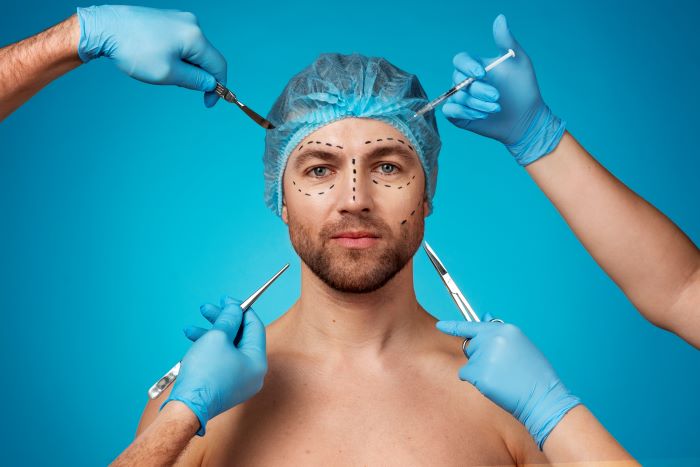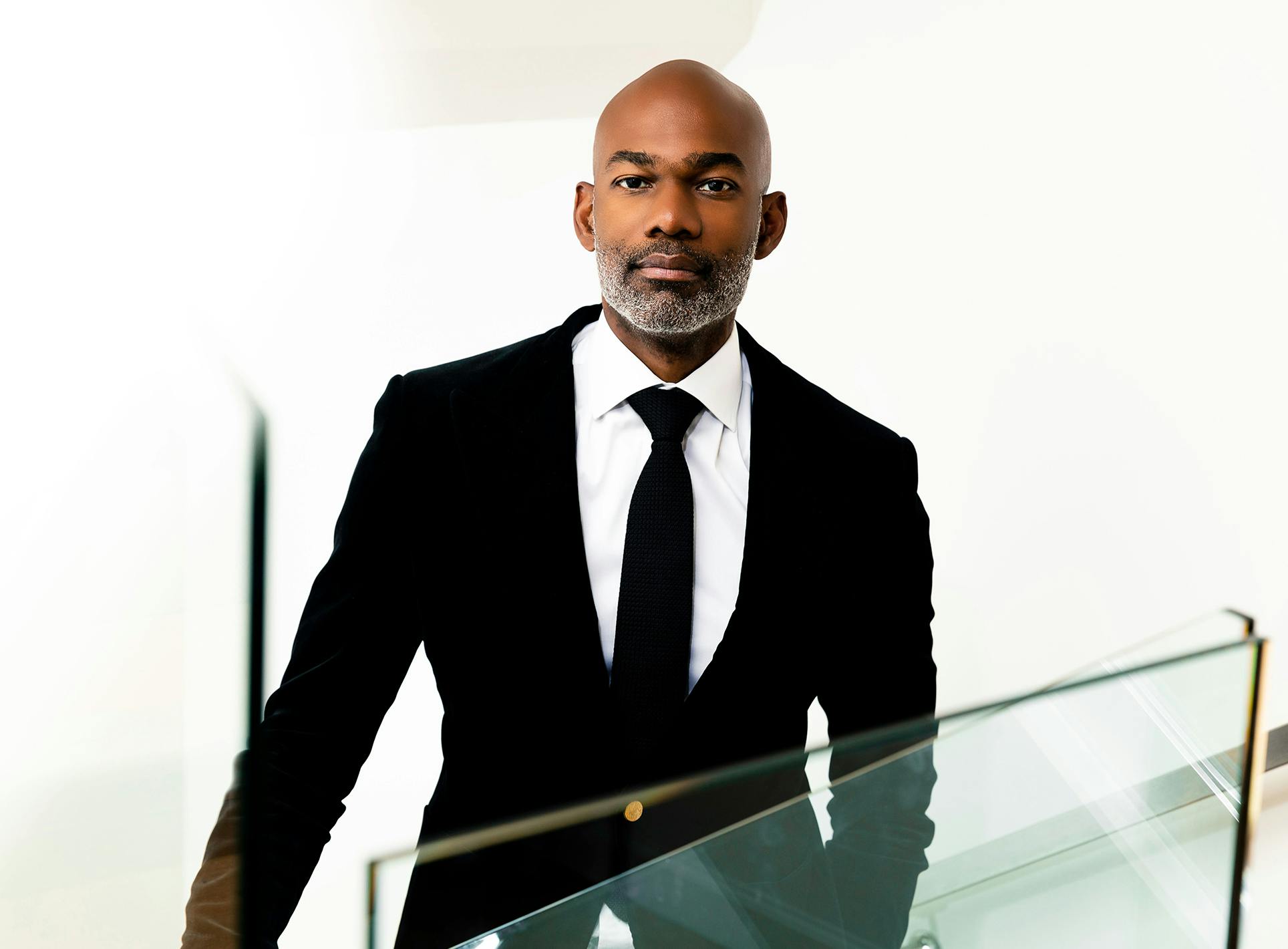Examining the Psychological and Social Aspects That Drive People to Consider Plastic Surgery as a Way of Renovation
The choice to pursue plastic surgery typically expands past simple visual appeals, linking with mental and social dynamics that merit complete examination. Elements such as self-confidence, pervasive societal beauty requirements, and the prevalent impact of social media merge to form private inspirations for medical improvement. As these influences become increasingly popular, recognizing the underlying social and emotional contexts is essential. What remains to be explored is the profound impact these factors have not just on personal identification yet additionally on more comprehensive social standards and worths bordering appeal and approval.
The Role of Self-worth
Self-confidence substantially influences a person's decision to seek plastic surgery. People with low self-confidence typically regard themselves in a negative light, resulting in feelings of insufficiency regarding their physical appearance. This unfavorable self-perception can drive them to look for surgical interventions as a method of boosting their self-image. The desire for renovation in one's look is regularly connected to an idea that such changes will certainly elevate their total self-respect and self-confidence.

Ultimately, the function of self-confidence in the decision-making procedure concerning cosmetic surgical procedure highlights the complex interplay in between body image, personal satisfaction, and mental health and wellness. Recognizing this partnership is vital for medical care professionals to ensure that individuals are making educated choices rooted in practical expectations and psychological health.
Social Elegance Standards
Influenced by pervasive media portrayals and cultural stories, societal beauty standards play a vital function in shaping individuals' understandings of their own bodies. These standards are commonly characterized by an idealized type of appeal that stresses qualities such as slimness, youthful vigor, and balance. As these ideals are bolstered via different networks, including film, advertising, and tv, individuals regularly internalize these messages, causing dissatisfaction with their all-natural appearance.
The implications of these social norms expand beyond visual preferences; they can affect self-esteem, psychological health and wellness, and interpersonal relationships. Individuals that view themselves as falling short of these requirements may experience feelings of inadequacy, prompting a desire for cosmetic surgical treatment as a way of accomplishing social authorization. This pursuit is often sustained by the belief that adapting these perfects will improve not just physical appearance however also social standing and personal gratification.

Impact of Social Media
The influence of societal elegance requirements is further intensified by the increase of social media sites platforms, where curated photos and idyllic representations of appeal are common. Individuals are frequently exposed to filteringed system and modified pictures, which usually portray unattainable physical qualities. This direct exposure cultivates a culture of comparison, leading individuals to examine their very own look against these frequently impractical standards.
Social media influencers and stars regularly advertise cosmetic treatments, normalizing the idea that medical enhancements are a viable methods for achieving social ideals (plastic surgery rancho cucamonga). The exposure of these enhancements can develop an assumption that undergoing plastic surgery is a typical practice, thereby influencing individuals to consider similar interventions as a pathway to enhanced self-worth and social approval
Furthermore, the interactive nature of social media permits immediate responses with likes and remarks, better reinforcing the wish to satisfy preferred elegance requirements. Such interactions can aggravate feelings of inadequacy and drive individuals toward plastic surgery as a means of getting recognition. Ultimately, social media sites plays an essential function in forming perceptions of charm, which significantly affects the decision-making procedures surrounding cosmetic surgical treatment.

Social Viewpoints on Look
Throughout different cultures, perceptions of appearance are deeply rooted in historical, social, and financial contexts, forming people' sights on appeal and value. In numerous cultures, look offers as a considerable marker of identity, affecting social condition, expert opportunities, and individual connections. As an example, in some societies, light skin is usually related to riches and benefit, while others might glorify darker skin tones as symbols of toughness and authenticity.
Moreover, typical appeal standards are often bolstered with cultural stories, media representations, and family members influences, leading to differing ideals throughout various regions (plastic surgery rancho cucamonga). In Western societies, the emphasis on young people and fitness frequently drives individuals toward cosmetic improvement, while in certain Eastern cultures, more subtle changes lined up with conventional visual appeals might be chosen
Globalization and the spreading of digital media have further complicated these characteristics, creating a hybridization of beauty perfects that transcends geographical limits. As people increasingly browse these social narratives, the pressure to comply with explanation particular look standards can result in the need for cosmetic surgery, showing an intricate interplay of personal ambitions and cultural values. Comprehending these social viewpoints is vital in addressing the motivations behind plastic surgery considerations.
Psychological Effects of Aesthetic Surgery
Numerous individuals looking for cosmetic surgical procedure record experiencing extensive psychological impacts that can dramatically alter their self-perception and emotional health - plastic surgery rancho cucamonga. The desire for physical enhancement frequently comes from underlying problems such as reduced self-confidence, body dysmorphic problem, or social stress concerning charm criteria. For some, the prompt post-operative stage can result in a short-term boost in self-esteem and fulfillment with their appearance, cultivating a feeling of empowerment
Nonetheless, these favorable feelings might not be enduring. Research study suggests that while some patients experience boosted self-esteem, others might deal with increased anxiety or clinical depression if their assumptions are not satisfied. This discrepancy can emerge from impractical perfects continued by media representation and social narratives bordering elegance.
Furthermore, the emotional implications of plastic surgery extend beyond the individual. Relationships with family members and friends may be stressed as social dynamics shift, bring about sensations of isolation or alienation. Inevitably, the psychological effects of plastic surgery are intricate and multifaceted, requiring mindful consideration by both potential patients and doctor to ensure educated decision-making and practical expectations.
Verdict
To conclude, the decision to seek cosmetic surgery is considerably affected by a combination of self-confidence concerns, societal appeal standards, and cultural point of views on look. The pervasive reach of social media additionally worsens these pressures, promoting unrealistic ideals that individuals commonly strive to attain. Comprehending these social and emotional factors is important for dealing with the inspirations behind cosmetic surgical treatment, highlighting the need for a much more nuanced discussion bordering charm and self-acceptance in modern culture.
The choice to seek cosmetic surgical treatment often extends beyond simple aesthetic Going Here appeals, linking with social and psychological characteristics that warrant detailed examination. Ultimately, social media plays a pivotal role in shaping understandings of charm, which dramatically influences the decision-making processes surrounding cosmetic surgery.
As individuals increasingly navigate these cultural narratives, the stress to adjust to particular appearance requirements can lead to the desire for cosmetic surgery, reflecting a complex interaction of social values and personal goals.In verdict, the choice to go after cosmetic surgery is significantly influenced by a mix of self-confidence issues, social beauty standards, and social point of views on appearance. Comprehending these social and emotional aspects is vital for websites dealing with the inspirations behind cosmetic surgical treatment, highlighting the need for a much more nuanced conversation bordering beauty and self-acceptance in modern society.